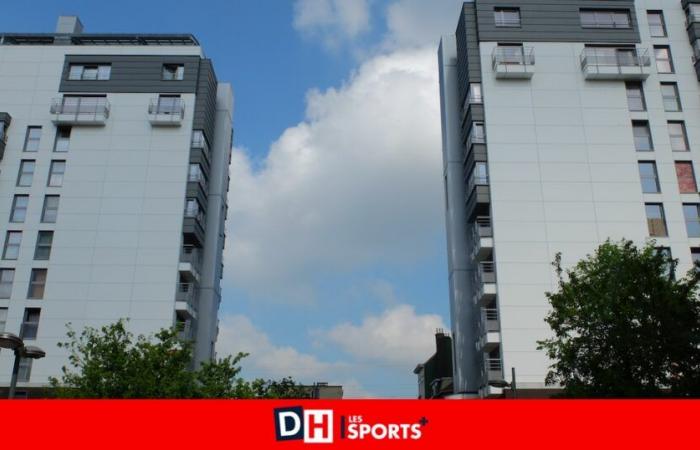Of all the regions of the kingdom, accommodation is the most expensive in Brussels. In 2023, average rents for new rentals (i.e. leases signed in 2023, all types of housing combined) increased by 4.1% compared to the previous year. Elsewhere in the country, there is a tiny drop in the south (-0.1%) and a slight increase in the north (2%).
At the start of the year, an OECD survey also pointed to a lack of social housing in Brussels. Supply has remained relatively stable since 2005 while demand has more than doubled over the same period. Consequence: the waiting list to obtain social housing is growing ever longer, by 9% in 2023, to reach 53,801 households. According to the OECD, half of the Brussels population meets the eligible income conditions to qualify for housing of this type.
According to the latest survey (2023) on income and living conditions (SILC, Statbel), 31% of the Brussels population lives in overcrowded housing, compared to 3% in the other regions of the country. More than 10% are in a situation of “severe housing deprivation” (less than 1% elsewhere in the kingdom), that is to say that housing combines a situation of overcrowding and at least one other problem which goes from humidity due to lack of sanitary facilities. And the number of people without a home is increasing. During the count of homeless people (homeless but also in shelters, in squats, etc.) in 2022, 7,134 people were counted. A number that has quadrupled since the first count in 2008.






